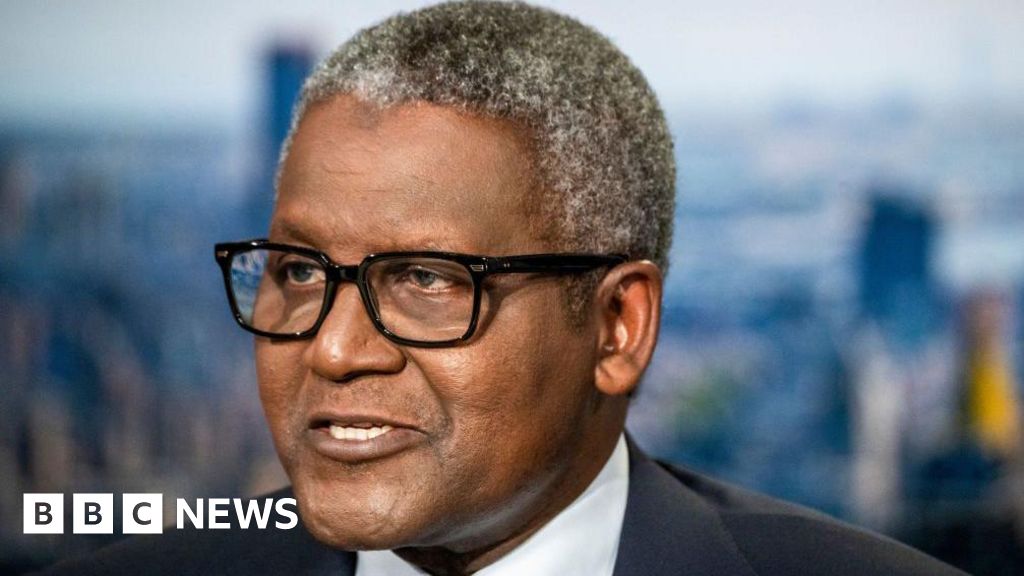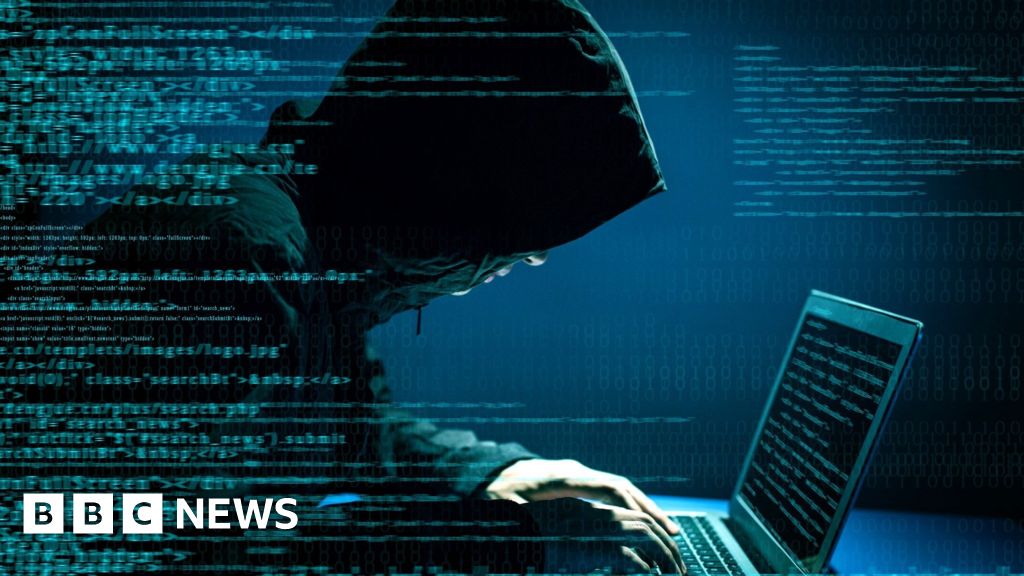ARTICLE AD BOX
By Doug Faulkner
BBC News
Image source, Syria Relief
Image caption,David Nott operating in Syria
On Thursday, trauma surgeon David Nott was in London - a long way from Ukraine. But that didn't stop him from helping to save the leg of a man who'd been caught by a blast in the war-ravaged country.
Oleksandr, the doctor who actually carried out the operation, had never performed the tricky procedure before. But a little over a week previously he had watched Prof Nott demonstrate how it was done inside a Ukrainian hospital.
And so Oleksandr took a photo of the wound with his smartphone and sent it to Prof Nott, who had recently flown back to the UK. The experienced British war surgeon confirmed the operation was necessary. He'd also previously given Oleksandr a video talking him through how it was done.
"I was quite nervous and it was slowly, step-by-step surgery, but it went well thanks to David Nott," Oleksandr says.
Prof Nott, who was born in Carmarthen in west Wales, has previously worked in conflict zones including Afghanistan, Iraq and Syria.
Fortunately for Oleksandr and his patient, the consultant surgeon at St Mary's Hospital in London had made Ukraine the latest destination in his mission to train doctors how to treat war wounds.
Russia's tactics of bombarding and shelling cities means Ukraine's hospitals are currently seeing many blast injuries.
"It is the worst possible way of attacking the opposition, by simply shelling," says Prof Nott, in his first interview since returning from Ukraine. "It causes enormous damage. It causes dreadful, dreadful injuries." These include shrapnel wounds to soft tissue, bones and limbs.
Image source, Getty Images
Image caption,David Nott has worked in conflict zones all over the world
Even just the shockwave of such a blast can do huge damage, he says. The "blast wind" in its wake is capable of amputating limbs. Being thrown against buildings can cause traumatic injuries, too.
Barotrauma - physical injury caused by changes in pressure during an explosion - is a particular concern because of Russia's use of thermobaric weapons, also known as vacuum bombs. These can cause bleeds on the brain and in the lungs, causing victims to cough up blood. They are also capable of bursting ear drums and perforating bowels.
While he says he has been all over Ukraine - "north, east, south-east, west" - Prof Nott does not want to talk about the specific hospitals or areas he has visited for fear that Russian forces will target them - and for the same reason, the BBC is not using Oleksandr's full name or location.
During the war in Syria, he used a Skype connection from his office in London to assist with an operation in Aleppo - only for the hospital to be bombed a few days later. He has spoken about how he will never know if the two were connected.
Now Prof Nott says 115 hospitals in Ukraine have already been shelled by Russia.
"Blowing up hospitals and killing doctors is a real weapon of war too, it's just despicable," he says.
While he was in Ukraine, Prof Nott brought as many doctors as possible into operating theatres to watch him carry out operations on warzone injuries, including filling holes in limbs, grafting skin and covering exposed bones.
But the mission, a combined venture between his own David Nott Foundation and the humanitarian group UOSSM International, did not end when he left the country as he would soon end up advising Oleksandr remotely before the complicated leg operation.
This involved taking a flap of skin from behind the patient's knee to close a wound and prevent infection getting into the exposed bone.
"They are very difficult operations, they are not easy and they go wrong and cause problems," Prof Nott says.
But despite these challenges, the result was "miraculous", he says. "It worked really well."
For Oleksandr's part, he says it was important to have the advice of someone with practical experience of the operation: "It's a relief to us when he tells us it will be OK."
He is full of praise for Prof Nott, who he says has "showed us ordinary doctors how to fight on the medical frontline".
Oleksandr says knowing how to carry out these types of procedure is "very necessary in our situation" because there are so many shelling injuries and open fractures that need to be treated.
Prof Nott, through his charity the David Nott Foundation, has translated a series of slides and videos on how to treat war wounds into Ukrainian "which went on as many of the doctors' phones as it possibly could".
He also hopes those like Oleksandr that he has taught will pass on what they have learned. "He will train other people how to do it, they'll train other people to do it and then hopefully everyone will know how to do it in the not-too-distant future," Prof Nott says.
Unfortunately, it seems the demand for these skills in Ukraine will not go away any time soon.
Earlier this month, Ukraine's foreign minister said the battles in the eastern Donbas region would resemble World War Two, with the use of "thousands of tanks, armoured vehicles, planes, artillery".
To Prof Nott, the scenes coming out of cities like Mariupol are reminiscent of what he previously witnessed in Aleppo.
Image source, Getty Images
Image caption,File picture of an operating theatre in Ukraine - unconnected to David Nott's mission
"It's exactly the same as Syria, exactly the same tactics," he says.
"Aleppo, when I was there by 2016, was completely flattened, the whole place was completely and utterly destroyed."
Oleksandr says he is now treating "awful injuries" that he had hoped never to see.
"We would like to treat normal trauma, like grannies and grandpas who need joint replacements, common fractures," he says.
But he adds: "We are doing our job day by day and whatever happens we will stay at home and do what we should do."

 2 years ago
46
2 years ago
46








 English (US)
English (US)